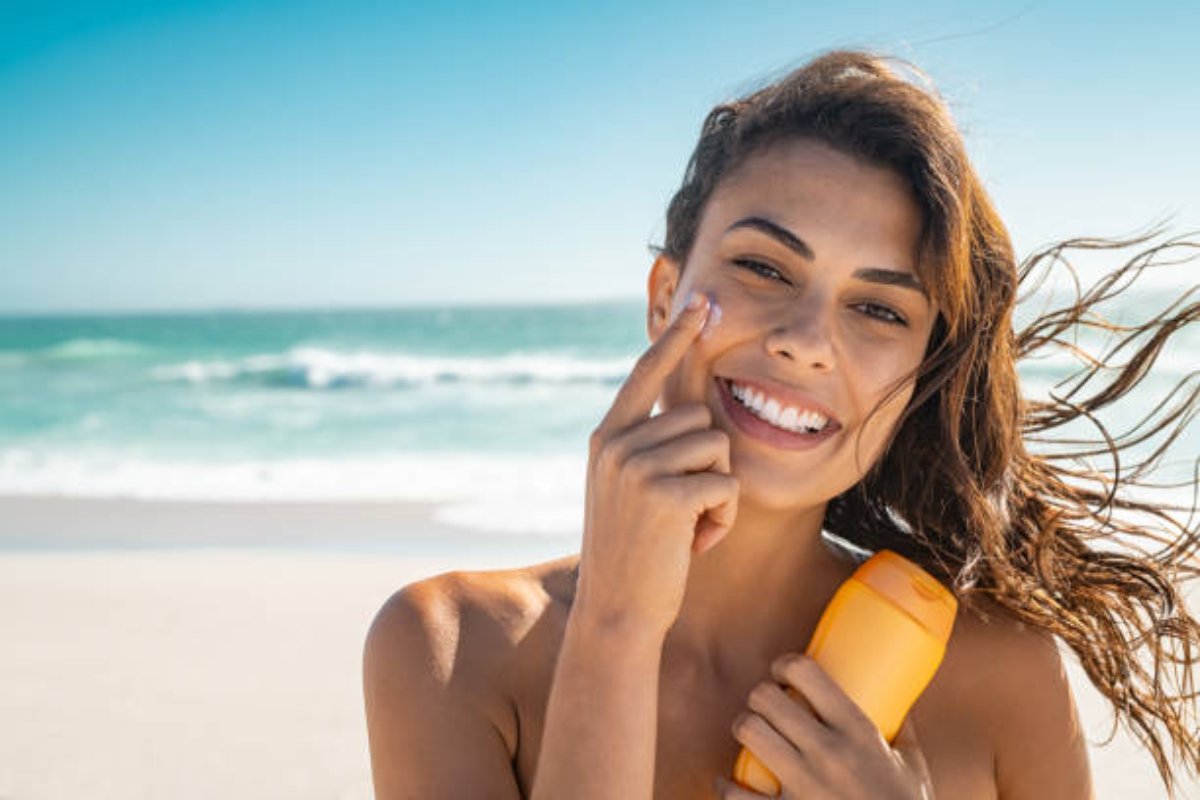UV sunscreen is an essential part of our daily skincare routine, and it plays a crucial role in protecting our skin from the harmful effects of ultraviolet (UV) rays. Sunscreens are specially formulated to absorb or reflect the sun’s UV radiation, which can cause skin damage, premature aging, and even skin cancer. You can stay safe from the sun and spin a few rolls at https://slot-dead-or-alive2.com/ and try to get lucky.
Table of Contents
Understanding the Impact of UVA and UVB
UVA rays penetrate the skin deeply and are responsible for premature aging and wrinkling, while UVB rays affect the surface layers of the skin and are the primary cause of sunburns. Both types of UV radiation can cause DNA damage to skin cells and increase the risk of skin cancer.
How UV Sunscreen Works
UV sunscreen works by blocking or absorbing the UV radiation that penetrates the skin. It contains active ingredients, such as zinc oxide, titanium dioxide, or chemical compounds, which form a protective layer on the skin and absorb UV radiation. The effectiveness of sunscreen is measured by its SPF (Sun Protection Factor), which indicates how much protection it provides against UVB rays.
When to Use UV Sunscreen
Wearing UV sunscreen is particularly important during the summer months when the sun’s rays are at their strongest, but it should be worn year-round, as UV radiation can still penetrate the skin even on cloudy days. Prolonged exposure to the sun’s UV radiation without proper protection can cause several skin problems, including sunburn, photoaging, and skin cancer.
Preventing Sunburn
Sunburn is a common skin problem caused by overexposure to UVB radiation. Severe sunburn can also lead to blistering, fever, and dehydration. UV sunscreen can prevent sunburn by blocking the UVB radiation that causes it.
Preventing Photoaging
Photoaging is another common skin problem caused by overexposure to UVA radiation. It leads to premature aging of the skin, including wrinkles, fine lines, and age spots. Photoaging can make you look older than your actual age, and it can also increase your risk of skin cancer. UV sunscreen can prevent photoaging by blocking the UVA radiation that causes it.
Improving Overall Skin Health and Appearance
In addition to protecting the skin from the harmful effects of UV radiation, UV sunscreen can also improve the overall health and appearance of the skin. It can help prevent acne and breakouts by reducing inflammation and oil production in the skin. UV sunscreen can keep the skin moisturized and prevent it from becoming dry and flaky.
Choosing the Right UV Sunscreen
When choosing a UV sunscreen, it is essential to look for a product that suits your skin type and provides adequate protection against both UVA and UVB radiation. People with sensitive skin should opt for physical sunscreens containing zinc oxide or titanium dioxide, while those with oily skin should choose lightweight, oil-free sunscreens. It is also crucial to apply sunscreen correctly and reapply it every two hours or more frequently if you are swimming or sweating.
Using a Combination of Sun Protection Measures
Sunscreen should be used in combination with other measures, such as wearing protective clothing, staying in the shade, and avoiding sun exposure during peak hours. Wearing long-sleeved shirts, pants, and hats can help protect the skin from UV radiation. Staying in the shade, particularly during peak hours of 10 am to 4 pm when the sun’s rays are strongest, can also reduce the risk of skin damage.
UV sunscreen is an essential component of a healthy skincare routine. It protects the skin from sunburn, photoaging, and skin cancer, while also improving the overall health and appearance of the skin. By using sunscreen and taking other sun protection measures, we can all enjoy the benefits of the sun without putting our skin at risk. It is important to remember that different skin types and lifestyles require different levels of sun protection, and seeking medical attention for any changes in your skin is crucial to maintaining skin health.

